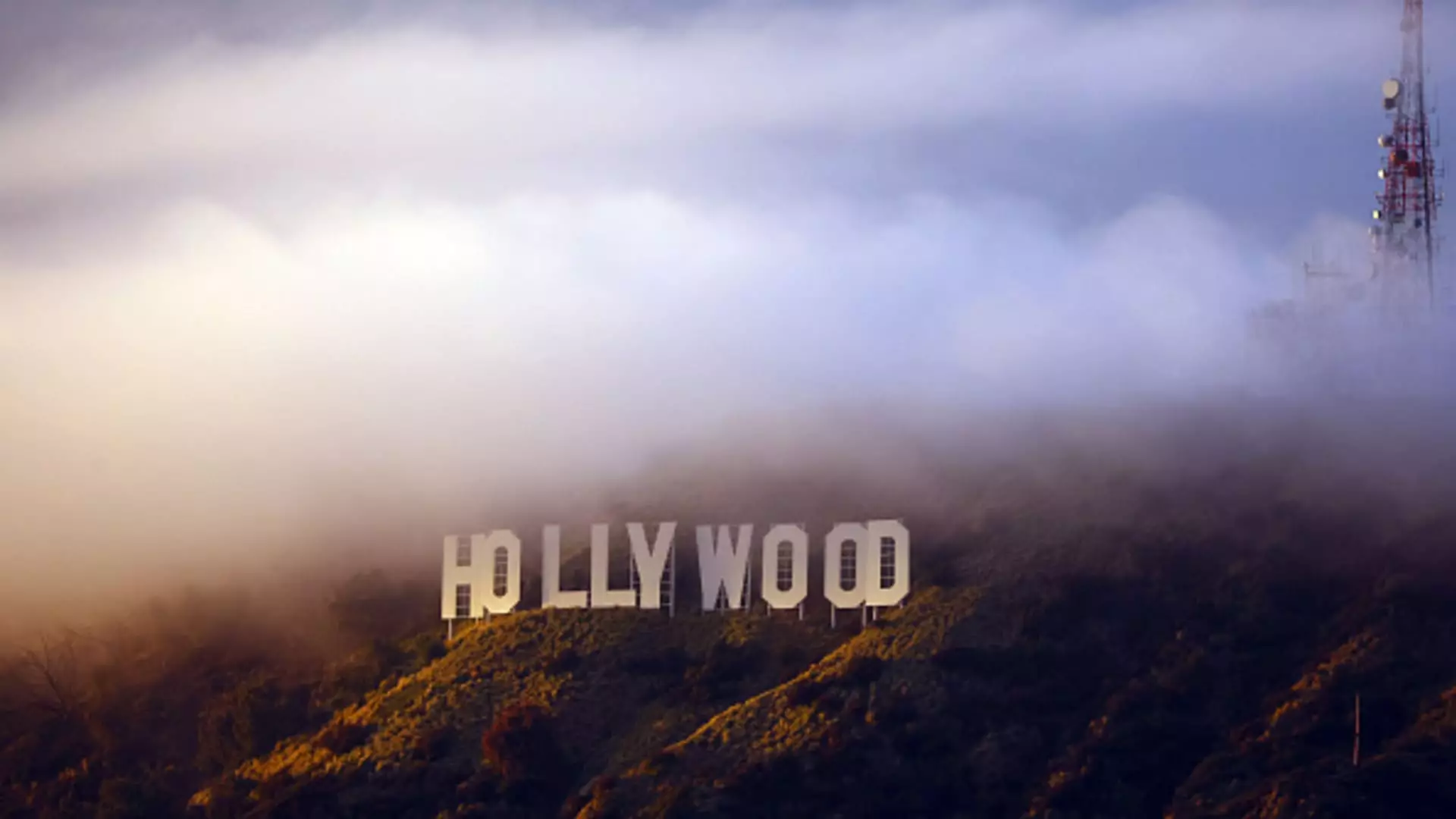Hollywood is no stranger to challenges, but recent trade tariffs imposed by President Donald Trump on Canadian goods signal a troubling period ahead for the film industry. As Canada has increasingly become known as “Hollywood North,” it has hosted a plethora of American film and television productions thanks to its competitive tax credits and a skilled workforce. However, the new economic landscape brought on by tariffs threatens to disrupt this longstanding relationship in significant ways.
Over the years, Canada has emerged as a vital partner in the American entertainment sector. With its attractive tax incentives, the neighboring country has lured numerous Hollywood productions that might otherwise have been filmed in more expensive locations. The proximity to the U.S. allows studios to utilize a talented pool of professionals while benefiting from reduced production costs. This synergy not only enriches the Canadian economy but also enhances America’s film industry.
However, Trump’s proposed tariffs could fracture this economic bond. Insiders in Hollywood speculate that Canada may retaliate by rescinding tax credits or imposing restrictions on U.S. productions. Such actions could lead to escalating costs for studios, potentially driving them to rethink their filming locations. While it is true that most North American studios primarily source materials locally, certain artistic elements, such as specialty props and textiles, do occasionally originate from Canada. If tariffs result in increased costs for these imports, studios might face difficult decisions regarding budgets and locations.
In response to the tariffs, Canadian Prime Minister Justin Trudeau made it clear that the nation would retaliate. He reiterated that Canada would respond “forcefully and immediately,” which raises fears of a tit-for-tat trade war that could cripple countless American and Canadian businesses reliant on collaboration and cross-border transactions. The film industry, in particular, stands at the forefront of this conflict, with Hollywood insiders expressing worries over extended implications, including possible increases in production costs due to a ripple effect of tariffs across various sectors.
Production budgets in Hollywood often encompass a range of expenses, from casting to set design and special effects. Although much of the equipment used in filming is rented and sourced locally, any increase in the price of goods—driven by trade tariffs—could lead to overall inflation that trickles down to the consumer. Production houses may find themselves passing on increased costs to audiences, impacting ticket prices and ultimately dissuading people from attending theaters altogether.
One of the most pivotal concerns raised by industry experts is the potential reduction in consumer spending. If tariffs lead to inflated prices on everyday goods, families may find themselves tightening their budgets and reconsidering discretionary expenses such as movie outings—one of the first luxuries to go during times of economic strain. Hollywood has only recently begun to recover from the devastating impact of the COVID-19 pandemic, compounded by labor strikes that halted many projects. Now, there exists a looming doubt that even as studios ramp up production, audience attendance may dwindle due to budgetary constraints.
As the industry grapples with these uncertainties, the hope remains that high-profile releases planned for 2025 will entice audiences back to theaters despite possible price increases. Executives remain cautiously optimistic about riding the wave of blockbuster films to boost ticket sales and foot traffic, but this hope is fraught with unpredictability. Ultimately, Hollywood’s ability to withstand the consequences of trade tariffs rests heavily on the consumer’s willingness to spend in an environment of rising prices.
As the film industry stands at the crossroads of a potential trade war, the ramifications could reshape the dynamics of production and consumption within Hollywood. Navigating these turbulent waters will demand ingenuity and strategic adaptation from studios, but, most importantly, they will need to win over the audience whose wallets will dictate the future of cinema.

Leave a Reply